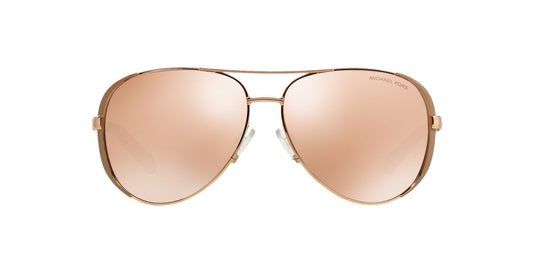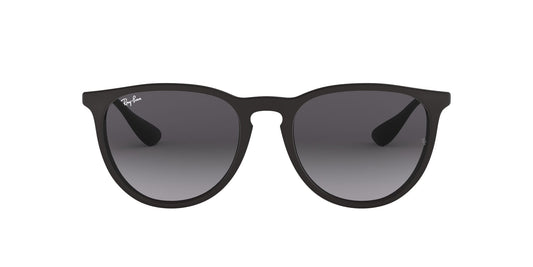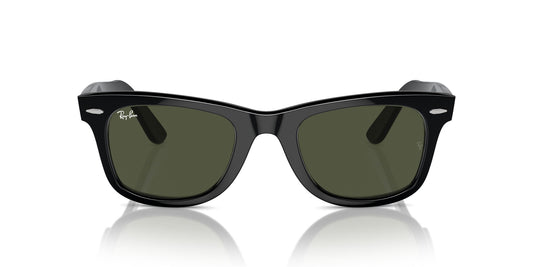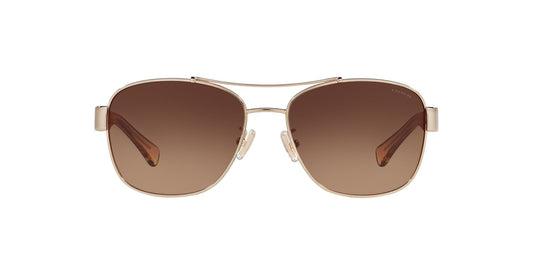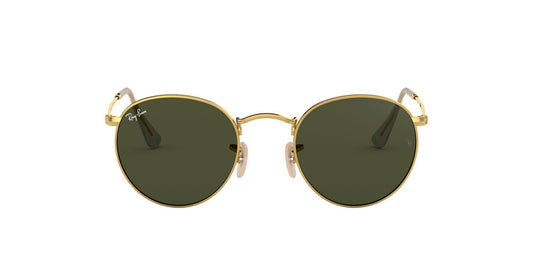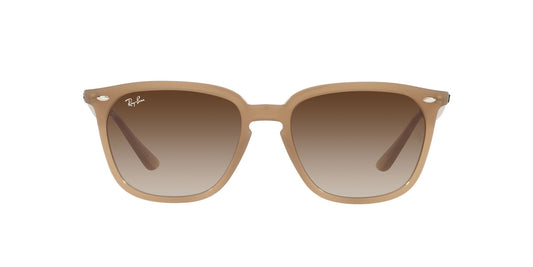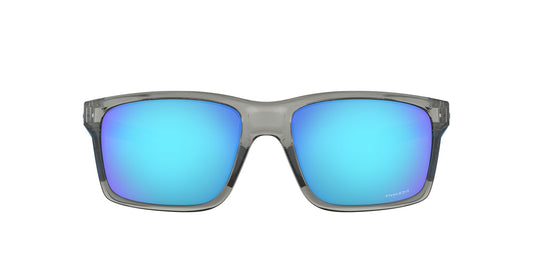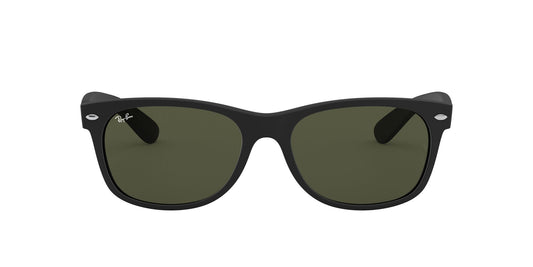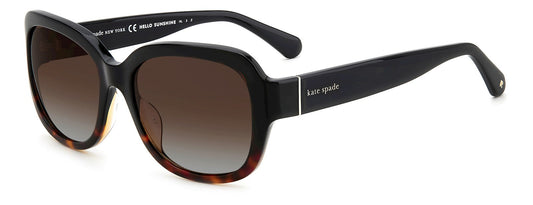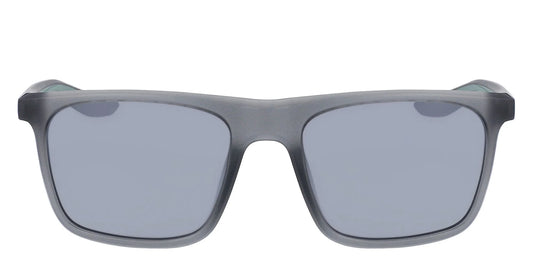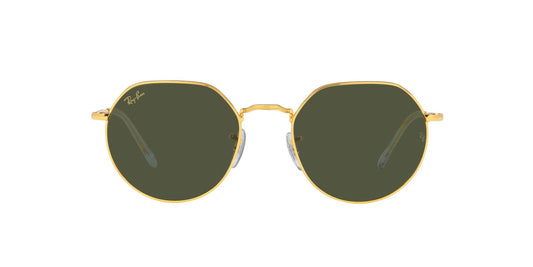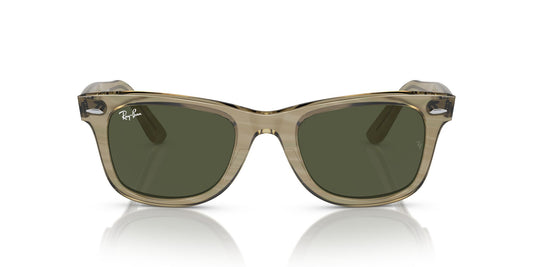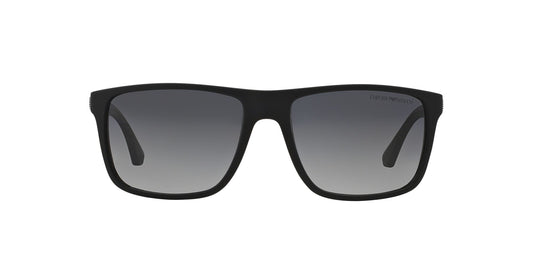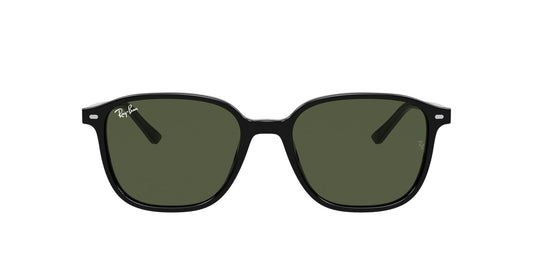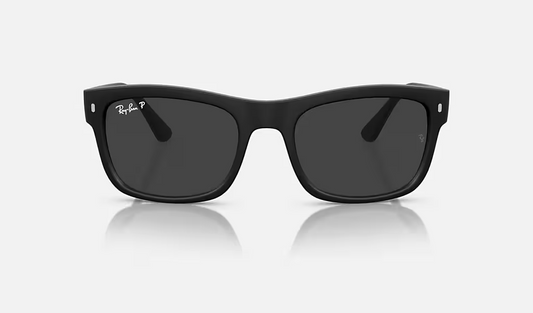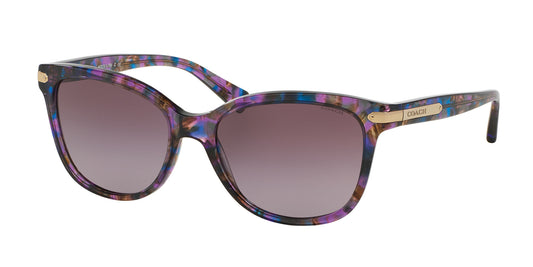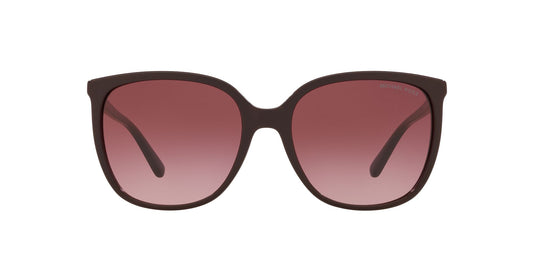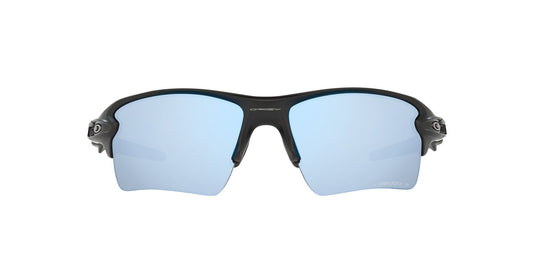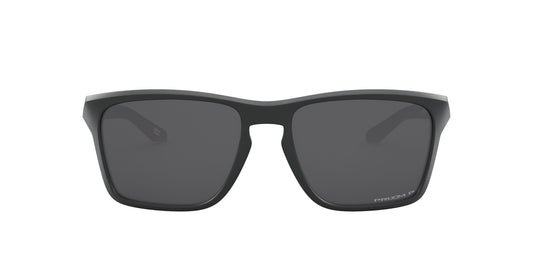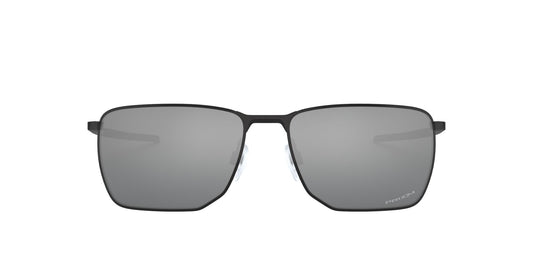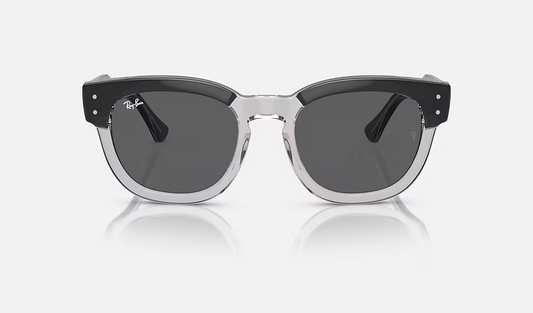Filters
Premium Sunglasses for Every Lifestyle!
Discover why polarized sunglasses make all the difference for your vision health. Beyond essential UV protection, they eliminate glare while driving, boating, or enjoying outdoor activities. Our collection features trusted brands like Kate Spade, Oakley and Ray-Ban that protect your eyes with style and performance. The perfect sunglasses balance function and fashion. Browse our selection of stylish frames—from classic wayfarers to modern aviators for men, women, and children. We can personalize your eyewear with prescription lenses and polarized technology for the ultimate custom sunglasses experience. Enjoy complimentary shipping on every purchase! Where can I find high-quality prescription sunglasses near me? Right here! Our team helps you find the best sunglasses for your face shape, lifestyle needs, and vision requirements. Plus, enjoy free shipping on all prescription sunglasses orders.













